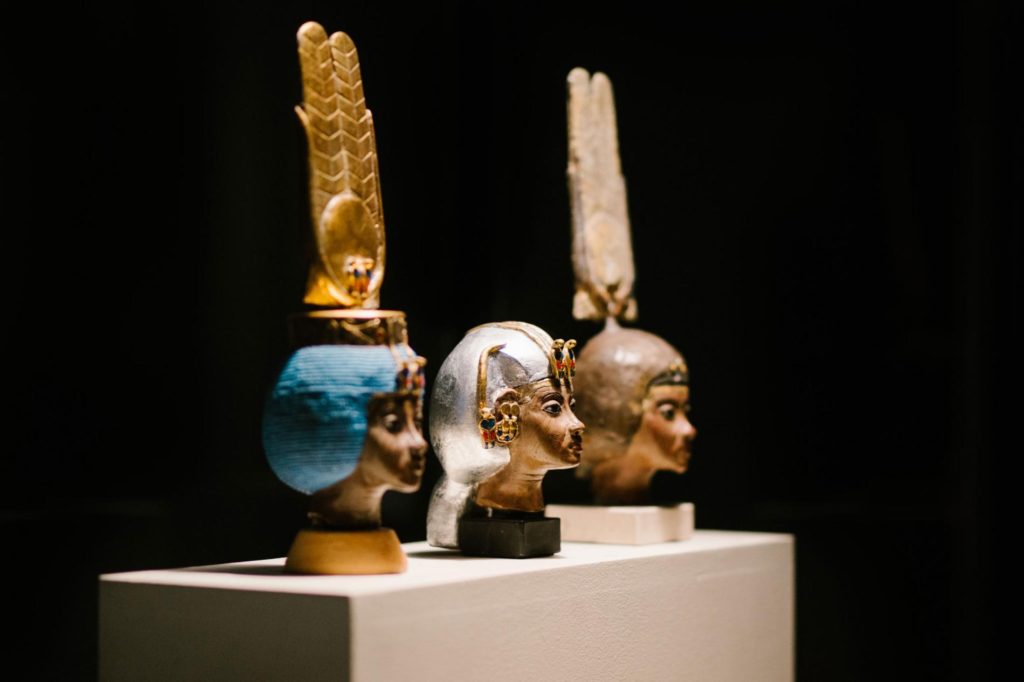By Muhammed Aladdin
From immemorial times, Egypt, with its culture, monuments, and vast influence, has remained ubiquitous. For 3,000 years, the Pharaohs of ancient Egypt ruled the land of the Nile; the unimaginable heritage they left us has transformed Egypt into a modern-day historical hub.
Interest in this time of Egypt’s history has grown over the years, however, Egyptology has always been interested in male Pharaohs, often downplaying the role of women in society. National Geographic is about to change all that!

On the 1st of March, 2019, the National Geographic Museum in Washington, D.C. witnessed the inauguration of the “Queens of Egypt”, an exhibition showcasing the different ways women wielded power in the land of the Nile. It is set to continue until the 1st of September 2019.
From the “shabtis” of Queen Nefertari’s tomb to the stone statue depicting the lioness goddess Sekhmet, “Queens of Egypt” has more than 3,00 ancient Egyptian artifacts demonstrating how ancient Egyptians respected and worshipped strong female leadership.

The inspiration behind the exhibition was Kara Cooney’s, Professor of Egyptology at the University of California in Los Angeles, recently published book “When Women Ruled”. In her book, she examines six of Egypt’s queens and the different ways each used to rule the land of the Pyramids. These female rulers were Merneith, Neferusobek, Hatshepsut, Nefertiti, Tawosret, and Cleopatra.
In that chapter of Egypt’s history, ancient Egyptian women had the right to inherit and bequeath private property; some of them were even elevated to the status of Pharaoh such as Hatshepsut. This is definitely proof that ancient Egyptian society respected women and their rights.

Often, women were tapped to rule on behalf of young princes who were still inexperienced to make their own decisions. “Their steady hands could guide the nation as a way to transition power without shaking up the status quo of the patriarchy,” Cooney stated in an article she wrote for National Geographic.
The 14,000 square foot exhibition is set to mark International Women’s Month and will be one of the largest in the museum’s history, providing guests with a perspective into the lives of ancient Egyptian women.



